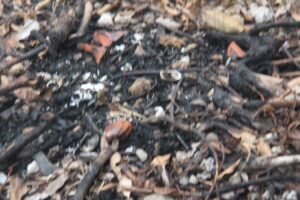
What is organic farming? How to do it free for your home
Organic farming uses natural pesticides and fertilizers made from animal and plant wastes and nitrogen-fixing cover crops. Modern organic farming is the creation to counter offset reaction to the environmental harm because the use of by conventional agriculture’s use of chemical pesticides and synthetic fertilizers that bring harm to our health.
Organic farming uses fewer pesticides, lowers soil erosion, reduces nitrate leaching into groundwater and surface water, and recycles animal feces. Offset These advantages by increased consumer food costs and reduced yields.
Organic agricultural products are around 25% lower than conventional crop yields, though this varies by crop type.
The future of organic agriculture will be to keep environmental benefits, boost results, and cut prices while addressing climate change and global population growth.
What is organic farming? How to do it free for your home
Organic farming entails producing and maintaining crops without using synthetic fertilizers and pesticides. No GMO are allowed either.
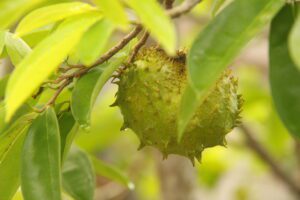
It uses organic waste, green manure, biological pest management, mineral and rock supplements, and crop rotation. Organic farming uses natural insecticides and fertilizers and avoids petrochemical fertilizers and pesticides.
Organic agriculture promotes soil, ecological, and human health. It relies on natural processes, biodiversity, and cycles rather than harmful inputs. Promote a fair connection and a good quality of life through organic agriculture, which combines tradition, innovation, and science.
What is organic farming? How to do it free for your home
What is the benefit of organic food?
Organic food benefits are :-
- Safer for the environment.
- Higher nutritional value.
- Tastier and fresher.
- Less illness.
- More Healthy.
- Better immune system.
- Live longer.
Organic farms don’t always need a lot of space. A large garden or patio is a plus. But living in an apartment shouldn’t stop you from gardening organically.
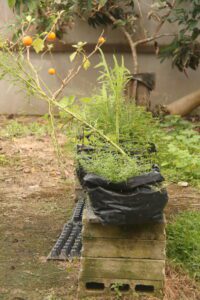
Decide how many posts you can fit in the space available by dividing it in half. You will need to water, fertilize, and monitor the plants’ health.
Keep growing kits (or bags) on hand, organic seeds, homemade irrigation, compost, and castor oil boards.
Important points to note
What is organic farming? How to do it free for your home
• Add cow manure and compost to the soil (to make your compost, order this kit)
Find weeds and pests after planting. Once infested, it’s hard to remove.
• Daily care is necessary. Watering with cow dung solution or natural fertilizers is essential.
• Pest-proof yellow or blue boards with castor oil. (Pests get trapped on the boards instead of scarecrows.)
• Choose plants that need less water and more sunlight: tomatoes, beans, climbers.
• Prioritize those in loose soil prone to infestation.
• Terrace farming reduces weed growth and increases nutrient uptake by plants.
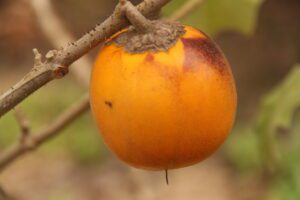
What is organic farming? How to do it free for your home
Organic farming is the same. If you’ve never farmed before, get expert advice. Ask friends and family who run organic farms.
Workshops and short courses can help beginners who have no prior expertise. Attend workshops to learn about seeding, watering, fertilizing, and harvesting.
Everything from soil health to the season is vital for organic plant growth. An excellent workshop will cover it everything.
Have trouble storing fresh organic produce? It would help if you had terrific aggro-innovations like hydroponics and quadraphonic. They eliminate the need for soil and require far less water for plant growth, all without the usage of pesticides!
Nowadays, every farmer or big corporation is talking about the supply of fertilizer because of the Russian invasion of Ukraine. The shortage had inflated the price almost three times higher than the per-war price.
Do not bother about the skyrocketing cost. I make my fertilizer out of the fruit and vegetable trash.

Organic Fertilizer Made From Garbage
What is organic farming? How to do it free for your home
Obstacles to organic gardening: fruit peels may be a significant source of nutrients for gardeners who compost like all plant matter. The peels can be stored in a covered compost pail beneath the kitchen sink until you go to the compost pile.
1. Fruit peels decay. If you let them rot, they become humus. They decompose faster, smell-less, and produce more compost when mixed with other plant waste.
The pile should be 3 feet deep and 3 feet wide. Compost tumblers and bins are available for purchase. Or dump the plant matter in a garden area.
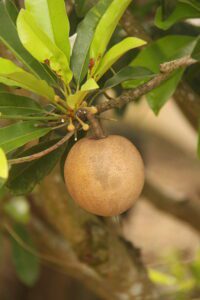
CO2 and N2
1. Compost can be nitrogen- or carbon-rich. It is usually green and wet. Dark and dry for carbon. Peels are nitrogen-rich plant materials. Carbon-rich compost takes a long time to decompose.
Too much nitrogen in compost stinks. A decent ratio is two parts brown to one green. Keep the pile wet. You can turn the bank sometimes, although it isn’t required.
Animals & Smell
1. Composting fruit peels attract animals and bugs. Ensure your pile has enough carbon-rich brown material. Take the fruit peels and bury them in the brown stuff.
The burial reduces the rotting smell, which attracts animals and insects. If animals are still digging in your pile, confine it with a screen or a bin.
Glycerine
1. Citrus peels are unique. Oily materials decompose slower than dry ones—the neutral break down faster than the acid. Citrus peels are acidic and greasy. Citrus peel is a standard household compost pile that should be fine.
If you compost a lot of orange peel, you’ll need many carbon-rich materials to add. Sift the compost and re-compost any citrus peels that don’t decompose. They will fail.
Please share it with friends or family member if you like my article. Also, I appreciate your constructive comment in the box below.